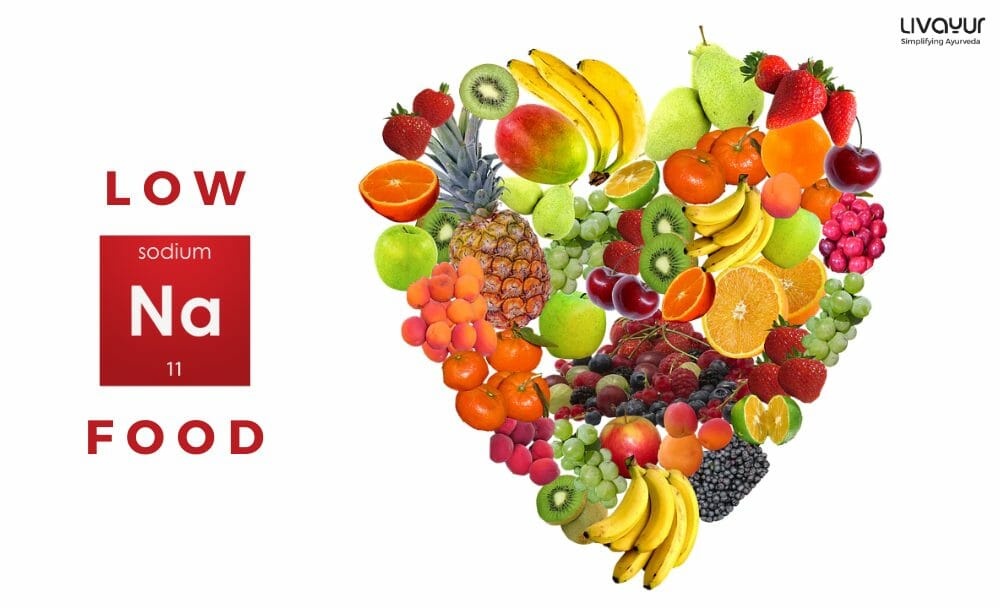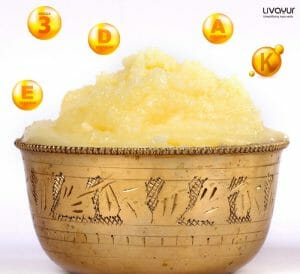
Today, all of us understand the impact of dietary choices on heart health and the risk of heart disease. While most of us associate dietary modifications to improve heart health with low sodium diets like the DASH diet, changing your diet is not the only thing that you can do to improve heart health. Your meal timings also matter. This has long been recognized in Ayurveda, with the concept of dinacharya or daily routine recommending strict schedules for meals. Notably, these ancient Indian traditions suggest that dinner should be a lighter meal and is best consumed between 6 to 7pm. While these traditions are often dismissed as old fashioned and irrelevant for modern life, there is growing evidence to support eating light meals for dinner to improve heart health.
How Light Meals For Dinner Support Health
With the pressures of modern living, it is impractical if not impossible for us to eat our dinners before 6 pm. This makes it all the more important that we not only eat our dinners as early as possible, but that we eat light meals for dinner. Here’s what studies have to say about this ancient Ayurvedic wisdom.
A study that was reported at the American Heart Association’s annual meeting indicates that the consumption of heavy or high-calorie meals after 6 pm greatly increases the risk of heart disease by raising both blood pressure and blood sugar levels. Under normal circumstances, blood pressure drops lower at night, allowing your body to relax and rejuvenate. By eating heavy meals late in the evening, blood pressure levels remain high, increasing the risk of heart attacks and strokes.
This was no isolated study finding, as researchers from the University of California at San Diego also made a similar observation. They found that eating heavy meals later in the evening results in higher levels of inflammation. In fact, the higher the calorie consumption between 5 pm and midnight, the higher are the levels of inflammatory markers like C-reactive protein. This is associated with a state of chronic inflammation that is linked to heart disease.
Based on such findings, it is recommended that 70 percent of more of your daily calories should come from meals consumed before 6 pm. One of the explanations for this effect is the body’s circadian rhythm, which can be disrupted not just be sleep schedules and light exposure, but also by hours of calorie intake. High calorie intake after 6pm can disrupt this rhythm, causing problems with metabolism that increase the risk of chronic lifestyle diseases like heart disease, as well as conditions like diabetes.
What Is A Light Meal For Dinner?

When planning light meals to eat for dinner, you should consider including some of the best foods to improve heart health as these are invariably low in calories and are light. Here are a few suggestions to help you to pick the ideal light meals to eat at night.
Natural or Whole Foods
Focus on whole foods, including fresh vegetables like cauliflower, cabbage, broccoli, green peas, Methi, Karela, ladyfinger, and so on. You can also include tubers like sweet potatoes or Suran in moderation. Also include some amount of whole grains or sprouts and legumes for protein.
Kitchari
Most people don’t realize that Kitchari or Khichadi is actually an Ayurvedic recipe but try to prepare it in accordance with traditional Ayurvedic recommendations and as per your dosha type. Basmati rice and split mung dal are the primary ingredients in Kitchari, but it includes a number of herbs and spices for garnishing as well as therapeutic benefits.
Herbs and Spices
Ideally, your choice of herbs and seasoning should take into account your Dosha type or Prakriti, but you can consume any of these common Ayurvedic herbs and spices with dinner such as ginger, garlic, coriander, Jeera, Methi seeds, mustard seeds, Pudinha, turmeric, basil, cinnamon and clove.
When planning light meals with foods that improve heart health, try to consume most of your foods cooked or sautéed. You can also consume vegetable soups as a light meal for dinner. During the summer months, you can also consider consuming fresh raw vegetable salads, but this should be in moderation. In case you feel hungry after dinner, you can snack on a low-calorie fruit or drink a glass of buttermilk.
Keep in mind that in addition to having a light dinner, you can also improve heart health quickly by making sure to consume your dinner as early as possible. For more advice and personalized diet recommendations based on your Dosha type or Prakriti, you should consult an Ayurvedic practitioner.























4 Comments